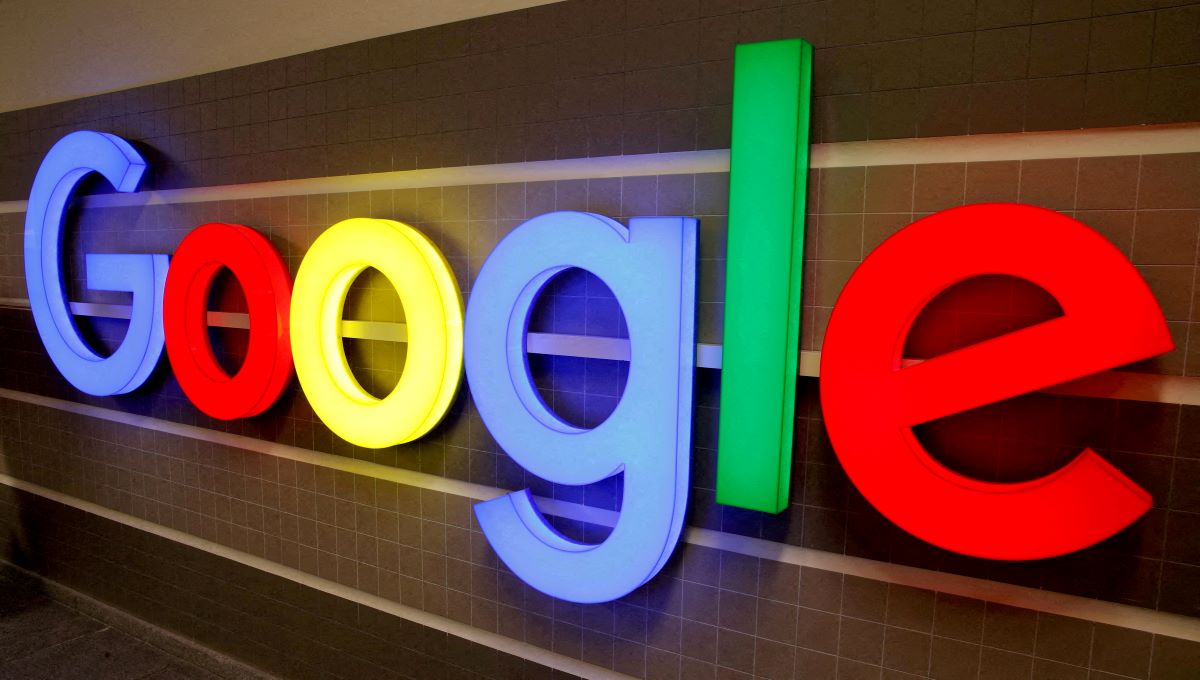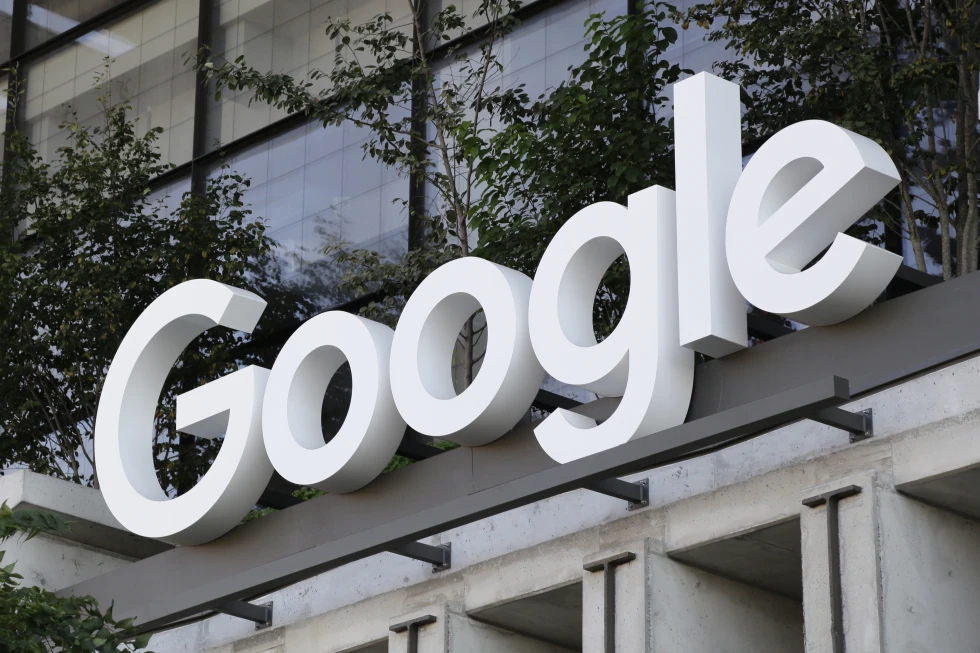A federal judge ruled yesterday that Google intentionally destroyed evidence and must be sanctioned, rejecting the company’s argument that it didn’t need to automatically preserve internal chats involving employees under a legal hold. ”
After substantial briefing by both sides, and an evidentiary hearing featuring witness testimony and other evidence, the Court concludes that sanctions are warranted,” US District Judge James Donato wrote.
Later in the ruling, he stated that evidence shows “Google intended to subvert the discovery process, and that Chat evidence was ‘lost with the intent to prevent its use in litigation’ and ‘with the intent to deprive another party of the information’s use in the litigation.'”
He noted that chats produced by Google last month in response to a court order “provided additional evidence of highly spotty practices in response to the litigation hold notices.”
For example, Donato cited one newly produced chat where “an employee said they were ‘on legal hold’ but preferred to keep chat history off.”
Donato’s ruling was part of a multi-district antitrust case consolidating lawsuits filed by Epic Games, the attorneys general of 38 states and the District of Columbia, the Match Group, and a class of consumers.
The case, heard in US District Court for the Northern District of California, concerns the Google Play Store app distribution model.
Plaintiffs allege that “Google illegally monopolized the Android app distribution market by engaging in exclusionary conduct, harming different plaintiff groups in various ways,” Donato noted.
Donato’s ruling indicated that Google provided false information to the court and plaintiffs about its auto-deletion practices for internal chats.
Google deletes chat messages every 24 hours unless the “history-on” setting is enabled by individual document custodians.
There are 383 Google employees under legal hold in this case, about 40 of whom are designated as custodians. Google could have set the chat history to “on” as the default for all these employees but chose not to, the judge wrote.

“Google falsely assured the Court in a case management statement in October 2020 that it had ‘taken appropriate steps to preserve all evidence relevant to the issues reasonably evident in this action,’ without mentioning Chats or its decision not to pause the 24-hour default deletion,” Donato wrote.
“Google did not reveal the Chat practices to plaintiffs until October 2021, many months after plaintiffs first inquired about them.”
The judge then further criticized Google:
The Court has since spent substantial resources to uncover the truth, including several hearings, a two-day evidentiary proceeding, and countless hours reviewing voluminous briefs.
Throughout this, Google has tried to downplay the problem and displayed a dismissive attitude ill-suited to the gravity of its conduct.
Its initial defense was that it had no ‘ability to change default settings for individual custodians with respect to the chat history setting,’ but evidence at the hearing plainly established that this representation was not truthful.
Why this situation arose is a mystery. From the start of this case, Google had every opportunity to address the handling of Chats and discuss potential burdens, costs, and related factors.
At the very least, Google should have informed plaintiffs about its preservation approach early in the litigation and engaged in a discussion with them. It chose to remain silent until compelled by the filing of the Rule 37 motion and the Court’s intervention.
The Court has repeatedly asked Google why it never mentioned Chat until it became a substantial problem. Google has not provided an explanation, which is concerning, especially given its access to accomplished legal counsel and its extensive experience with the duty of evidence preservation.
Donato noted another “major concern is the intentionality manifested at every level within Google to hide at the ball with respect to Chat.
As discussed, individual users were aware of litigation risks and valued the ‘off the record’ functionality of Chat.
Google as an enterprise had the capacity to preserve all Chat communications systemwide once litigation commenced but elected not to do so, without any assessment of financial costs or other factors that might justify that decision.”






Leave a Reply